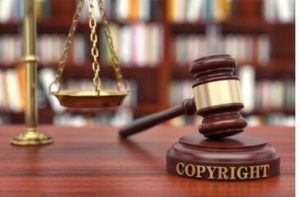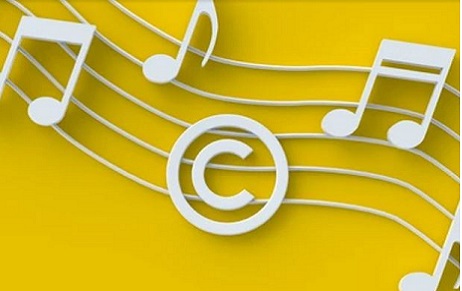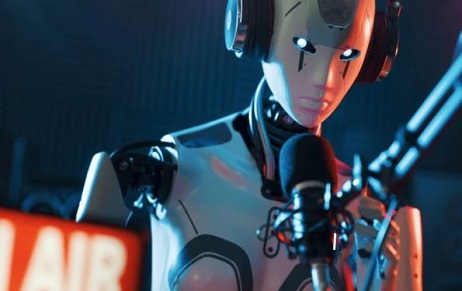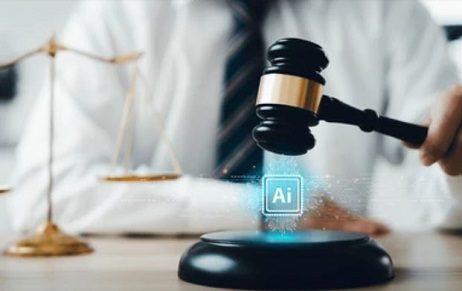Any successful café, restaurant, or retail establishment's environment is greatly influenced by its music. It…
Protection of Digital Content in relation to Copyright Law in India
Copyright protection for Digital Content
Copyrights are protection of an individual’s work against misuse such as reproduction of the work without the consent of the owner. Copyrights, Patents, Trade Marks and Trade Secrets all form a part of Intellectual Property Rights, which protect the owner or the inventor of a certain idea, product, or invention. In spite of laws that govern the intellectual property, infringement of the same is not uncommon. Literary, music or artistic work is being reproduced on a large scale, often without the permission of the actual owner, which is nothing but an infringement of the rights and laws. Digital technology is evolving on a massive scale on a daily basis. While this is a boon, it also acts a bane since the violation of copyrights or patents attached to digital content has only increased. Prior to the evolution of digitalization, protection was given only to artistic work, music or literary work. However, as the time changed, digital content such as computer programs, databases, layouts and etc too are protected under the law. This research talks about the protection of digital content under Indian laws that govern the Intellectual Property and whether any amendments are needed.
Introduction
As the world has evolved into a digitalized world with almost all data stored in computers or similar such platforms, the issue of reproduction of such data without prior use of the owner becomes crucial to understand. It is important to know the laws in our country that govern this issue and also the implications of such acts. The whole objective of introducing intellectual property protection in our country was to protect the interests of the owners of the work( artistic, literary, music) from others who copy such work without any hesitation and present it as own. This issue became much serious when the digital technologies came into picture, because replicating digital content including but not limited to databases, software, programs etc is an easy task. It was due to these reasons that the Indian Copyright Act of 1957 was amended in 2012 to bring in new provisions penalizing offenders of technological copyright infringement and rights of the owners of the digital content as well.
Issues in the Copyright protection in relation to the Digital Technology
When we discuss about the loopholes or the challenges of protecting digital technology, few of the most prominent and visible ones are mentioned below:
• The Internet programing is very convenient to be copied due to the tracks it is built on and therefore copying information from one platform to the other is not a big task. The Internet lets you transmit data from one corner of the world to another corner in a matter of seconds.
• Challenges with respect to distribution, reproduction and distribution of content to the mass using digital platforms
• Challenges related to administrating and managing the copyrights and its protection with respect to digital content.
• Enforcement of the copyright provisions under the statute become difficult because it is impossible to trace the infringement of online work added to the public norm that has accepted infringement of digital content as a normal thing to do.
• Another issue that arises here is since the internet is spread across the globe, detecting the jurisdiction in case of a dispute becomes difficult. For example, an individual can easily copy work off digital platforms while sitting in one country whereas the owner or the author of that work may be situated in another different country altogether.
• The Act of 1957 permits reproduction of online work for fair use to the public, provided prior permission of the owner or the author of the work is received. However, due to the advancements in technology, it is a piece of cake for an individual to simply transmit the data across the internet, making it extremely difficult for the laws to be applicable.
What the Indian Copyright Act of 1957 says about protection of Digital Content
The Indian Copyright Act of 1957 had undergone amendments in the year 2012, wherein the statute had more provisions for protecting the intellectual property rights of computer software, databases and published work.
In 1984 the meaning of computer software was included in the meaning of literary works defined in the act. Section 14 of the Act prohibits reproduction and distribution of computer software without prior permissions and authorizations. Further, Section 2 (ffc) has defined the meaning of computer programs and has now been included in the realm of literary works in the act.
The next aspect of protecting digital technology is the digital databases. Digital database in simple terms is a systematic collection of data on digital platforms. A database consists of two elements: the computer program and the content that is stored. While it is easy to protect the computer program since it falls under the realm of literary work in the Act, protecting the content is a hurdle. However, the Indian Copyright Act has included the protection of digital database under literary works and therefore all authentic databases are protected in the country.
As mentioned above, an issue that arises in digital content being copied is associated to the right of reproduction. The Indian Copyright Act of 1957 protects the digital reproduction of content, be it dramatic, musical or artistic work, the same which can be read in Section 14(1)(a). Additionally, the combined rights of distribution and communication to the public too are covered under Section 2(f)(f) of the Act that protects the rights of the owners, even those of digital content, against unauthorized communication the public, in respect to the same.
Conclusion
Although the Indian Copyright Act mentions protection of digital technologies in terms of programs, software and databases, there are lacuna in the same that need to be addressed as soon as possible. One issue that needs to be solved is that though artistic work are covered under the provisions of this Act, the right of reproduction associated to this work is conferred only on work that is any material work. The statute has to be made more stringent in terms of providers of internet services and associated material. Though few websites have inculcated the rule of prohibiting copy paste options, it is easily bypassed by using the option of screenshots and easily copying the work. Awareness needs to be spread amongst the masses in terms of the laws relating to copyrights and smooth systems must come into existence that can detect violation of copyrights easily and without any hassle.
Author: Suhhaasi Palle, A Student of Mit Wpu Pune, in case of any queries please contact/write back to us via email to chhavi@khuranaandkhurana.com or at IIPRD.




